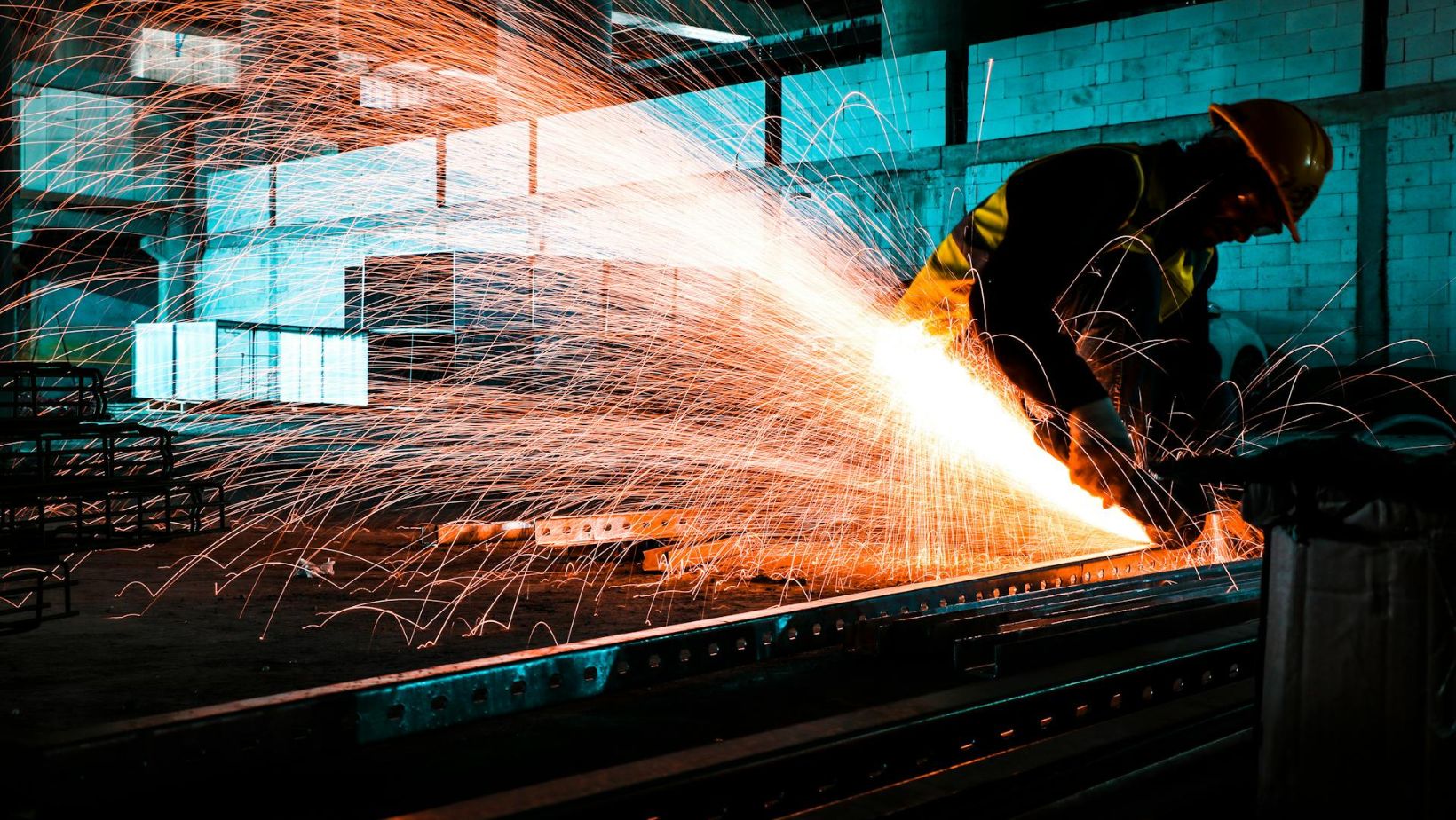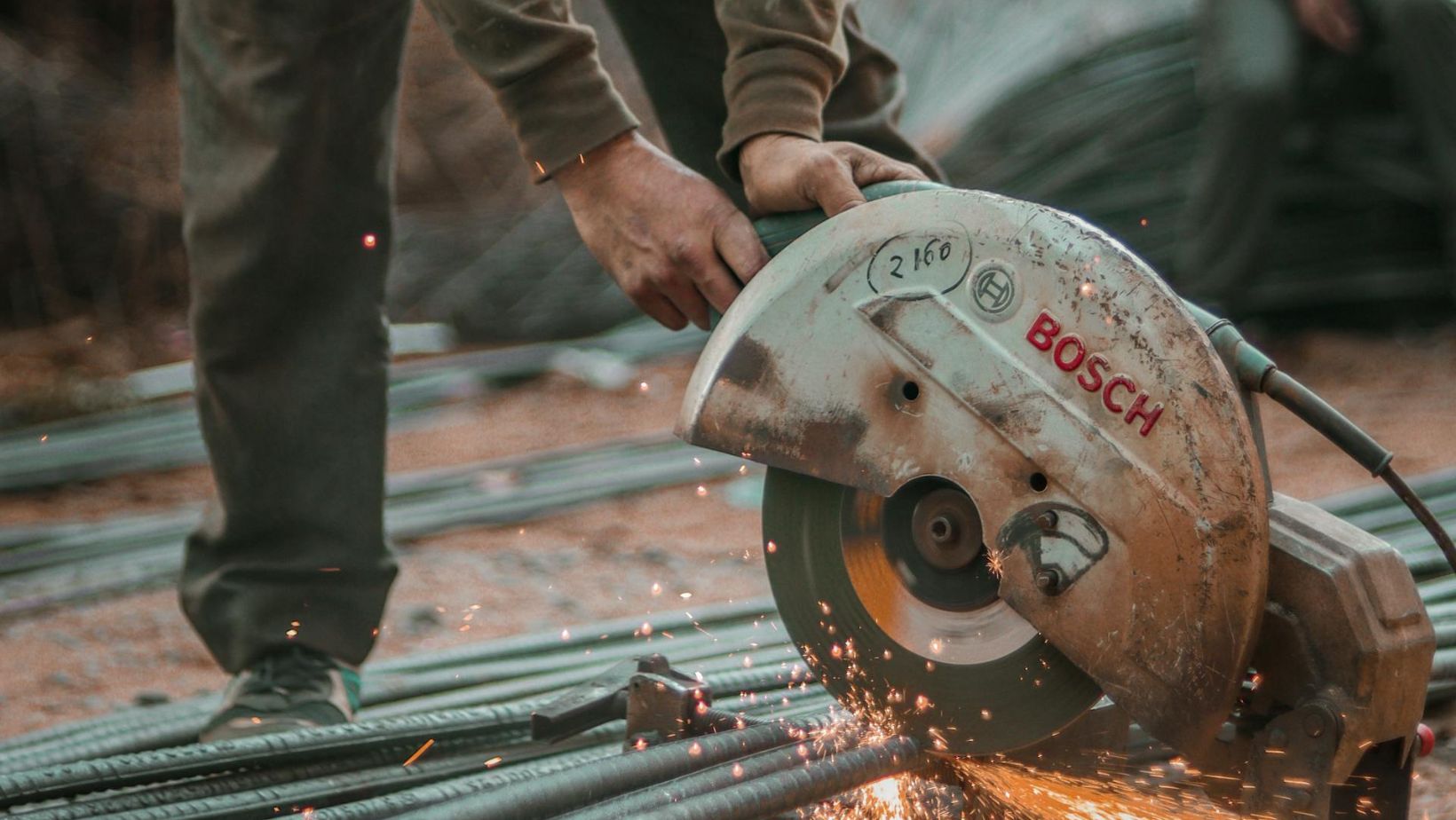Manufacturing and industrial work requires high precision. Doesn’t matter if you’re producing components for the aerospace industry, medical devices, or any other high-stakes application, a single mistake could have severe consequences. That’s why, threading process requires high precision in these scenarios.
Precision threading, simply, is the art of creating screw threads that meet the tightest tolerance and highest quality standards. These threads are essential for applications that demand absolute precision, such as in the assembly of critical machinery, oil and gas equipment, and countless other industrial applications.
Methods of Precision Threading
Precision threading uses different methods, each having its own unique benefits and applications. Some of the commonly used techniques include:
● Single-point Threading
This method involves using a precisely ground tool that cuts one thread at a time. Single-point threading, known for its amazing precision and ability to create threads with great surface finishes, is commonly employed in high-precision tasks like those in the aerospace and medical fields.
● Thread Rolling
The technique entails changing the material physically to form the desired thread form. Pressure is applied heavily displacing rather than removing any material from the process. Thread rolling is highly effective, generates minimal scrap, and makes stronger threads due to work-hardening effect on materials.
● Thread Milling
Threads are created through the removal of material by a specialized cutting tool with complex geometry in thread milling operation. This approach is best for making threads on harder materials or in instances where conventional cutting tools may not be efficient enough.
● Grinding of Threads
Thread grinding is often the method of choice for applications requiring the highest level of precision. In this process, a wheel coated with an abrasive material is used to grind away metal and produce accurately formed threads with very fine surface finishes.
Thread grinding is most commonly employed in the manufacture of high quality pipe taps, gauges and such intricate components.
Benefits of Precision Threading
Precision threading involves many advantages that can greatly influence your product’s quality, dependability, and performance. Below are some of these key benefits:
Better Fit and Function
Precision threaded parts fit together seamlessly leading to optimal performance while minimizing the possibility of failure or malfunctioning especially when there is just slight misalignment or loose fitting but which can have fatal effects.
More Reliable
Highly precise threads will not suffer from problems such as galling, stripping or premature wear which means your products will now remain reliable longer; resulting in less maintenance costs and down time.
Efficiency Increase
Precision threading is widely used in assembly processes that involve fitting components together easily and smoothly. This can be of great importance in high volume manufacturing areas where there is a need to save time and money.
Improved Strength
Among the precision threading methods, thread rolling is generally known to enhance threaded components. It works by hardening material so as to minimize chances of fatigue and other types of failure appearances.
Industrial Standard Compliance
Many industries have stringent guidelines that govern the qualities and accuracies of their threaded parts.
You will not face heavy penalties or judicial sanctions if you comply with these requirements, which means you can opt for precision threading instead.
Choosing the Ideal Precision Threading Method
You should look at several things such as the type of material you are working on, required tolerance levels, quantities produced and how it is done in order to pick the most suitable threading process. Also, get advice from experts who will be able to assess your needs and suggest the best way.
Consistency is key when it comes to precision threading; hence, it is important for you to invest in high-quality machines and tools. Consequently, trusted manufacturers have designed unique machines and cutting tools that cater to these highly complex tasks.
Conclusion
The manufacturing environment leaves no room for anything outside preciseness as it is an essentiality. Many products and applications depend on precise threadings to determine their quality, dependability, and performance. By using the correct methods and the right expertise and equipment purchases, manufacturers will experience numerous benefits ranging from better fit to greater functional efficiency and conformity with industry benchmarks.
Whether you’re producing components for the aerospace, medical, or any other high-stakes industry, precision threading should be a top priority.




More Stories
Leadership in Nonprofit Organizations: Challenges and Opportunities
Privacy Concerns and Solutions on Random Video Chat Sites
Escape the 9-to-5 Rut – A Trip to Work Fulfillment Through Magic Mushrooms